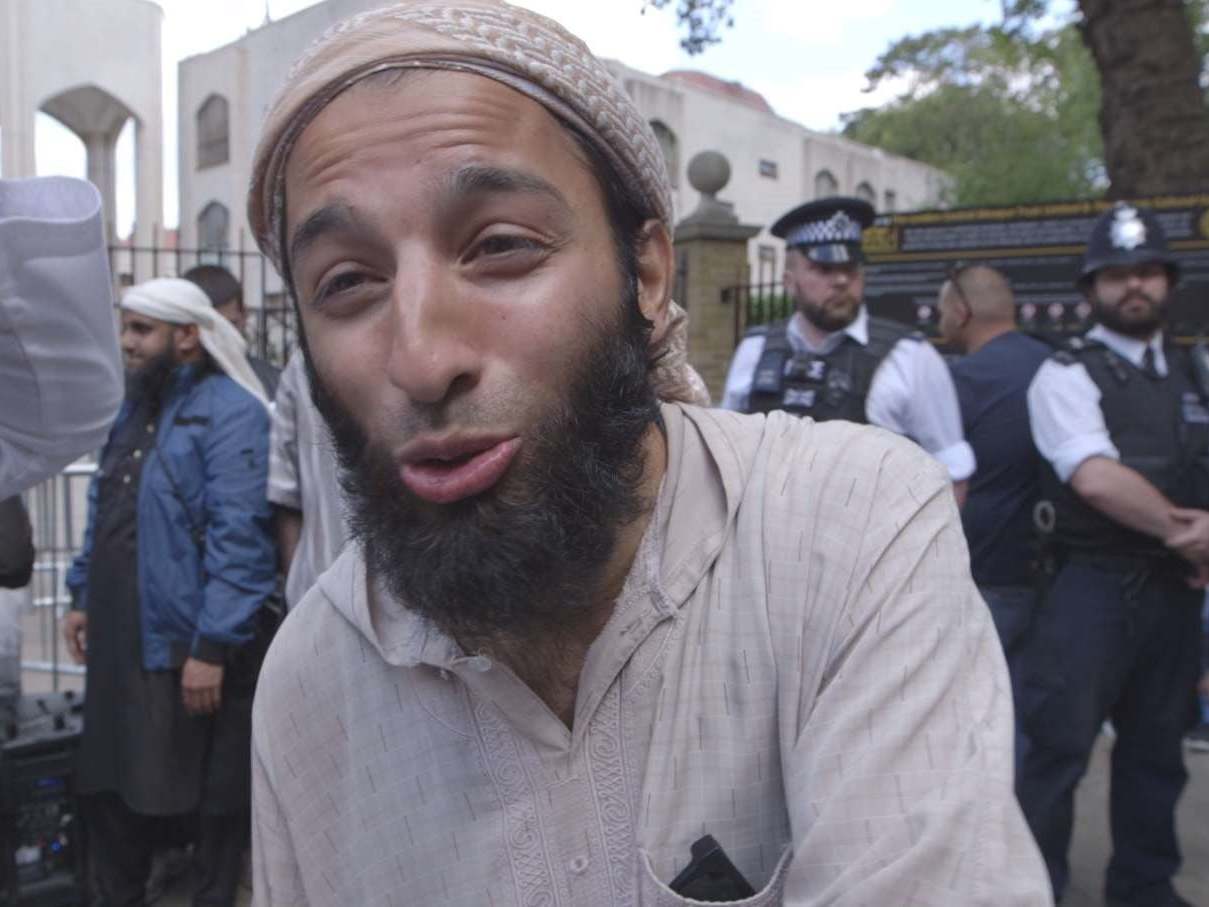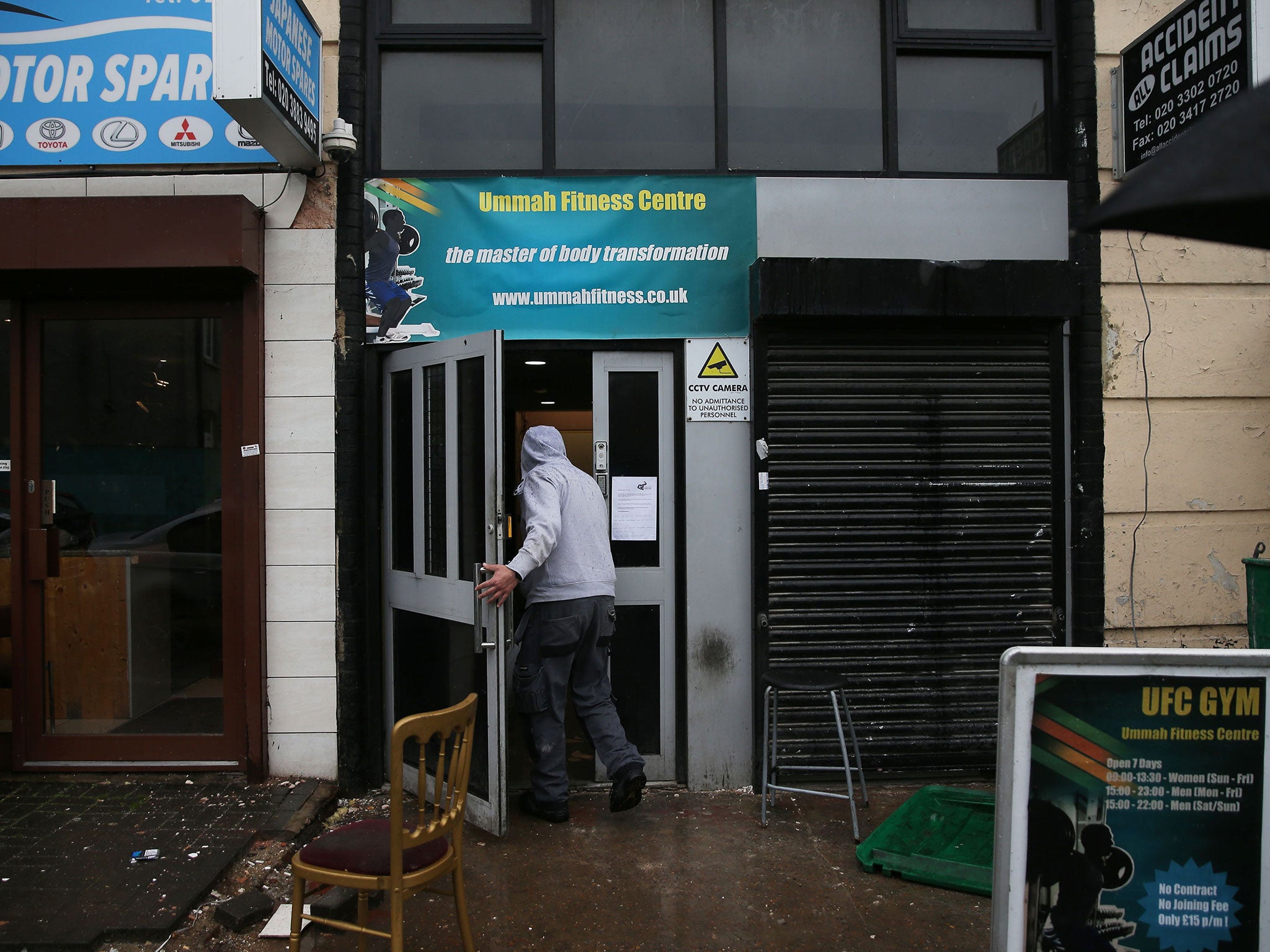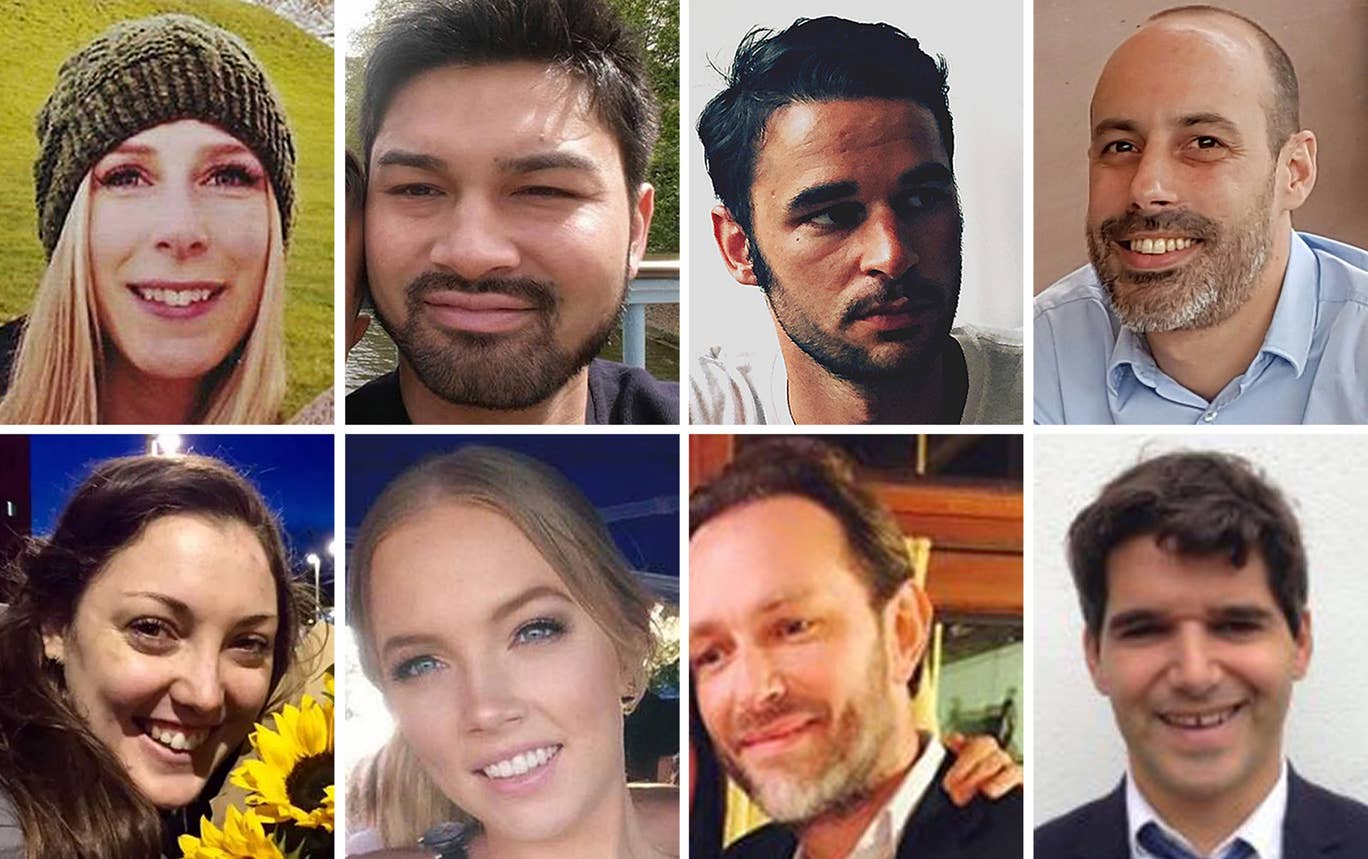London Bridge attack plot should have been detected, say 'bewildered' relatives of victims
Security services had been monitoring Khuram Butt for attack planning for two years but failed to spot plot

Your support helps us to tell the story
From reproductive rights to climate change to Big Tech, The Independent is on the ground when the story is developing. Whether it's investigating the financials of Elon Musk's pro-Trump PAC or producing our latest documentary, 'The A Word', which shines a light on the American women fighting for reproductive rights, we know how important it is to parse out the facts from the messaging.
At such a critical moment in US history, we need reporters on the ground. Your donation allows us to keep sending journalists to speak to both sides of the story.
The Independent is trusted by Americans across the entire political spectrum. And unlike many other quality news outlets, we choose not to lock Americans out of our reporting and analysis with paywalls. We believe quality journalism should be available to everyone, paid for by those who can afford it.
Your support makes all the difference.The London Bridge attack should have been detected before three terrorists were able to carry out their bloody plans, victims’ relatives have said.
Inquests into the atrocity, which left eight victims dead in June 2017, have heard how the ringleader had been under MI5 and police monitoring for suspected attack planning for two years.
But investigators failed to spot Khuram Butt’s association with his fellow attackers, Youssef Zaghba and Rachid Redouane, or the fact he was working at a gym and a school owned by an alleged terrorist.
Butt was known to be a member of Anjem Choudary’s al-Muhajiroun Islamist network and appeared openly alongside fellow extremists in a 2016 television documentary entitled The Jihadis Next Door.
But the Scotland Yard team investigating him did not watch the programme and Butt was not prosecuted after they later found evidence of him disseminating Isis propaganda.
A lawyer representing families of six victims said they were “bewildered” at how many opportunities to detect or disrupt Butt’s plans had been missed.
“For all the families know, there was not extensive and thorough and reasonable investigations,” Gareth Patterson QC told London's Old Bailey.
“The attack planning was going on for quite some time, it was not undetectable, it was there to be detected - eminently detectable – and we submit that these eight tragic deaths did not need to have happened.”
He argued that judge Mark Lucraft QC, the chief coroner for England and Wales, should engage the European Convention of Human Rights against police and MI5 because of a “breach of the duty to protect life”.
The court previously heard that MI5 judged Butt to have a “strong intent but weak capability” of launching a terror attack in September 2015, then downgraded his risk marker in the belief he was trying to travel to Syria instead.
The monitoring operation was suspended “because of resourcing constraints” following Isis’s Paris attacks and Butt was downgraded to a lower threat category after it resumed.
In May 2017, an MI5 assessment concluded that the risk posed by Butt had moved from “medium to unresolved” and spies were considering closing the investigation when he launched the London Bridge attack.
Mr Patterson said the judgment was made because security services had not uncovered the fact Butt was working at the Ummah Fitness Centre and Ad-Deen Primary School in Ilford.
Both were owned by former al-Muhajiroun member Sajeel Shahid, who was accused of running terrorist training camps and safe houses in Pakistan.

He denied allowing the London Bridge attackers to plan their atrocity at his gym and said he “could not recall” the content of 329 text messages he exchanged with Butt.
A senior police officer told the inquest that the gym was not considered a significant location by investigators, and they were not aware of Shahid’s involvement until after the attack.
“A reasonable investigation would have identified that Butt was working at a gym owned by a terrorist suspect”, Mr Patterson said. “This whole area of the gym leaves the families completely bewildered.”
The lawyer argued that a “reasonable investigation” would have examined Butt’s activities at the Ummah Fitness Centre and who he was associating with.
“Every evening, when he was going to the gym, that was missed for months on end,” he added. “Virtually every afternoon, when he was going to the school, it was missed for months on end, and given the risk he posed this was, we submit, inadequate investigative coverage. It doesn't need hindsight to show this.”
Police received intelligence that Butt was teaching children, but were unable to identify the school or discover that Zaghba also worked there.
Both Butt and Redouane worked at the Ummah Fitness Centre and all three attackers met there, having a secretive late-night discussion days before the attack.
Mr Patterson told the court that the gym appeared to have “black banners” hanging on the wall, a sword or sheath was on display and that an Isis flag was shown on their Facebook page.

Redouane, a Moroccan national, was known to police for immigration offences, and Zaghba was put on a European-wide law enforcement database after trying to travel to Syria from his home country of Italy.
During a stop at Bologna Airport in March 2016, Zaghba told police he was travelling to Turkey as a “terrorist” and an investigation found he wanted to join Isis in Syria.
Italian authorities put his name on the EU’s Schengen Information System but under the wrong marker – meaning he was flagged for serious crime rather than national security.
Richard Horwell QC, for London's Metropolitan Police, told the Old Bailey that there was no “trigger” that would have led to 24-hour surveillance on Butt.
He claimed that “no one has suggested what was known or what should have been known” to justify surveillance on or shortly before 3 June 2017.
He added that the extremists “did not trust the gym as a safe place”
“SO15 was looking for evidence of attack planning and only then would there have been an immediate risk to life,” Mr Horwell told the court.
“We are all so desperately sorry for what happened but there does not always have to be fault or blame.”
Christine Archibald, 30, Xavier Thomas, 45, Alexandre Pigeard, 26, Sara Zelenak, 21, Kirsty Boden, 28, Sebastien Belanger, 36, James McMullan, 32, and Ignacio Echeverria, 39, were killed in the attacks.
Inquests into their deaths are to conclude this week and will be followed by separate inquests into the attackers, who were shot dead by armed police.
Join our commenting forum
Join thought-provoking conversations, follow other Independent readers and see their replies
Comments